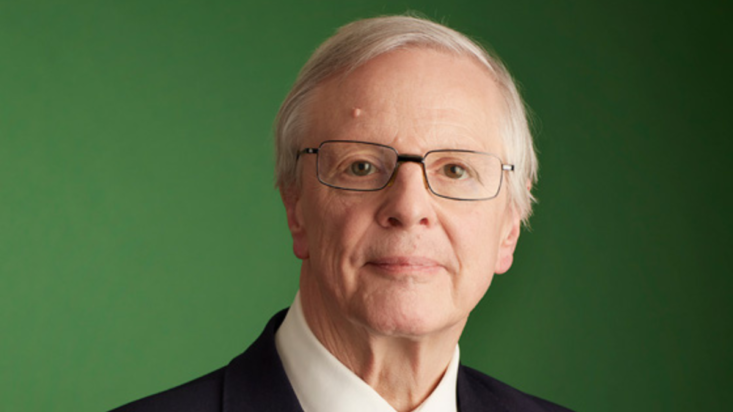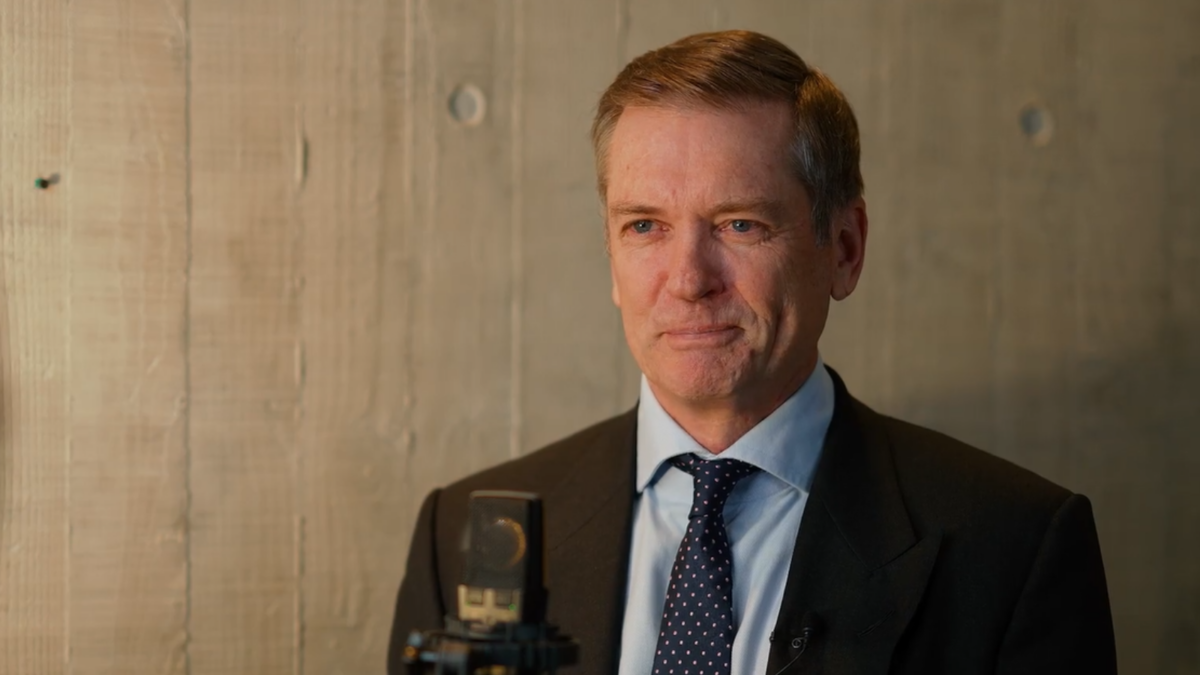‘I cannot recall a more dangerous period than today’: Markets get a brand new Minsky Moment
Jonathan Ruffer, chairman of the eponymous money manager Ruffer, writes in his most recent investment missive that “humanity has a tendency to believe that a settled pattern of order will continue indefinitely”. But the Minsky Moment – a market collapse brought on by wildly speculative activity – may well have arrived after a “unidirectional bull market” that has lasted 40 years and which depended in its entirety on both extreme levels of debt and the further creation of that debt at low interest rates.
“In the forty-five years I have been an investor, I cannot recall a more dangerous period than today. It sometimes happens that markets are about to fall sharply, and we are no stranger to navigating them – my first as a stand-alone fund manager was in 1987,” Ruffer wrote.
“But each of these falls, so far, has been partial, in that there were asset-classes which did not participate in the decline, or – as has more recently been the case – there have been insurances which had been overlooked or disdained, and offered a good risk/reward.”
This time will be different – or rather, worse – because of what Ruffer believes is an oncoming liquidity crisis, which might only be “the first in a series in the years ahead”. There have been several liquidity crises over the last decade, but the Fed and other central banks have always created the money necessary to hold them off. Ruffer now sees pressures building that “encourage a liquidation of risky assets and a degradation in the liquidity conditions of markets” as the Fed looks to regain its credibility by shrinking its balance sheet – while trying to ensure that its successive interest rate rises are being transmitted to the real economy.
“As interest rates go up, savers expect to see that paid to them – but the commercial banks aren’t passing it on. One of the big savings vehicles in the US are Money-Market Funds – roughly 90 per cent of which only invest in government quality instruments,” Ruffer wrote.
“There aren’t enough of these bonds, so the Fed is providing interest at its desired level to these funds, and now has tied up $2.36 trillion of money-market cash, in this service to the community. The key is that, unlike regular bank deposits, this $2.36 trillion cannot be injected into the US financial system if it’s needed.”
Consumer banks can in theory create money “as easily and effectively as the Fed”, Ruffer writes, but are now so regulated as a result of the GFC that they can’t create that money in necessary size. And their commercial imperative is to keep existing businesses supplied with liquidity, motivating them to divert more of their balance sheet to those activities and away from lower-margin financial market funding activities.”
“We see danger ahead… In a world where people find themselves without the ability to pay commitments as they arise, forced selling drives prices,” Ruffer writes. “Among risky assets like equities, one of the counter-intuitive things in a liquidity crisis is that securities perceived as safest and most liquid go down sharply, because investors are forced to sell what they can, not what they want to.”











